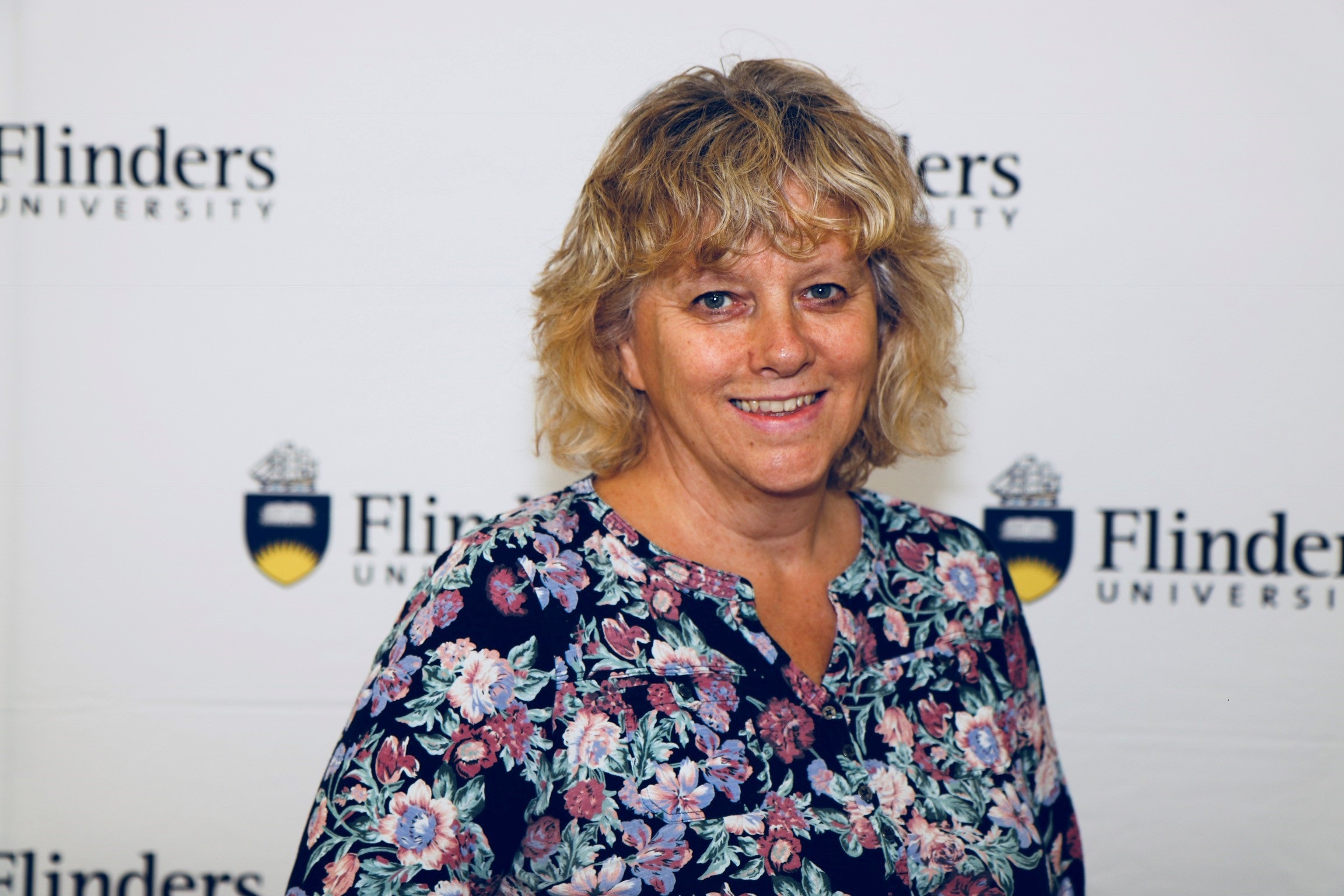
A new Flinders Caring Futures Institute project led by researcher Professor Annette Briley is investigating the facilitators and barriers for pregnant women obtaining an iron infusion and why it’s seen as the “go-to” solution for many South Australians faced with iron deficiency, when oral supplementation has been deemed effective if started early and maintained throughout pregnancy.
Professor Briley says being low in iron is a common physiological consequence of pregnancy, with around 38 per cent of women globally experiencing iron deficiency or anaemia. In Australia, around 15.1% of women are affected.
“Due to an increase in the plasma volume, red circulating blood cells are diluted, resulting in iron deficiency or anaemia. If a pregnant woman becomes anaemic and stays anaemic, there are associated risks for mother and baby.”
While some people might try to increase intake of iron-rich foods, such as red meat and green leafy vegetables, the only feasible option for most pregnant women is iron supplementation, often beginning with taking iron tablets. Medication can vary in price, costing up to $30 per month, and can produce side effects. Side effects can be remedied by changing the type of tablets used.

“If the medication is not well tolerated or there is a lack of compliance, then many women will have an iron infusion which involves undergoing a procedure in hospital,” Professor Briley says. “2020 data from the Lyell McEwin Hospital shows 14.8% of women having a baby there had an iron infusion beforehand.”
Thanks to a generous Medicare contribution, an iron infusion is also affordable. However the full process can take several hours, tying up resources in a hospital environment, and is not without risk.
“Quite clearly it’s become a first line of management and it probably shouldn’t be for most women,” Professor Briley says.
Based at the Lyell McEwin in Adelaide’s northern suburbs, Professor Briley’s project is recruiting 300 women from diverse backgrounds to gauge their opinions on iron deficiency and the action they have taken or would take to address it.
“We want to find out what their knowledge is, what their expectations are and whether people are planning ahead with iron deficiency in mind,” Professor Briley says.
Backed by a group of Flinders midwifery students and two clinical midwives employed by SA Health, the research team will be targeting women who are attending their first antenatal visit as well as those in the day unit receiving an iron infusion. Data will be collected from first time mothers and those who have had babies before, through both a questionnaire and face-to-face interviews. Participants’ blood test results will also be analysed.
Given there is a lack of contemporary data available, Professor Briley says the project is long overdue.
“We want to determine why some women are iron deficient while others are not. Is it because they are better educated? Do they have a modified diet, or have they been taking iron supplements before they got pregnant? And where are they accessing information on iron deficiency and potential solutions for fixing it?
“These are all considerations we’ll be looking in to.”
Furthermore, it is hoped researchers can ascertain whether traditional or more contemporary factors are contributing to iron deficiency in South Australian women. Dr Briley says it is a privilege to be working in a joint appointment with clinicians who can see value in the research being undertaken.
“The staff on the ground can see what we are doing is clinically relevant. I hope this project will reinforce their interest and we can build capacity to work on other projects in the future.”
Fellow Flinders Caring Futures Institute researcher Dr Megan Cooper is also a key part of the project team.

